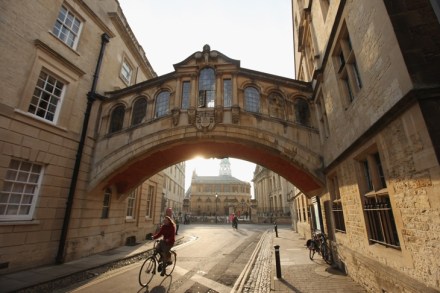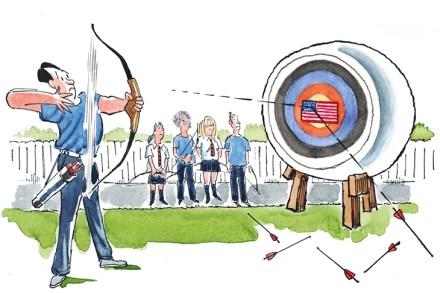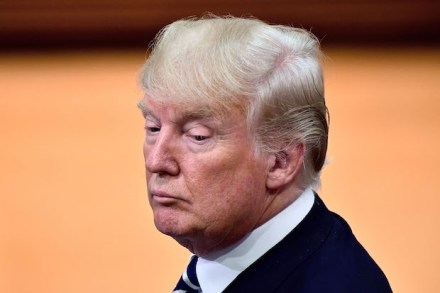Theresa May’s tuition fees plan is rotten politics
I don’t really object to bad policy, it’s the rotten politics I can’t stand. There would be something almost amusing about a Conservative prime minister gravely intoning, in effect, ‘Labour are right; please don’t vote for them’ if it weren’t so head-thuddingly stupid. Remarkably, however, this is the position into which Theresa May has put herself. Labour’s policy on university tuition fees may be a) ruinously expensive and b) a boon to the most affluent but it is c) easily understood. Labour would – or, rather, say they would – scrap tuition fees. Responding to this – and, more broadly to their problem with ‘younger’ voters (i.e., anyone under 50)
















